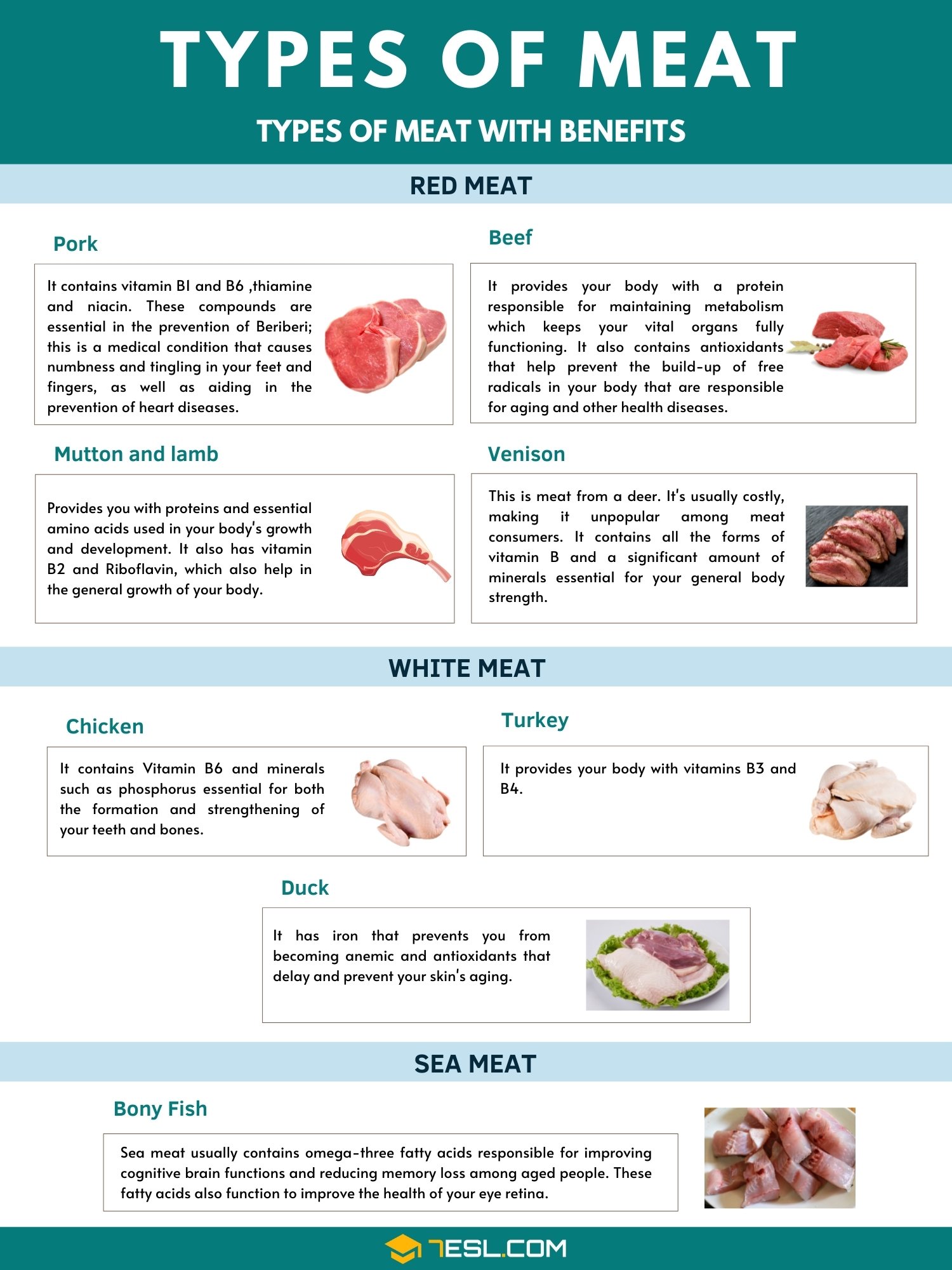Understanding Protein
Protein is an essential macronutrient that plays a crucial role in building and repairing tissues in the body. It is a fundamental component of every cell, contributing to a variety of functions including enzyme production, hormone regulation, and immune response. However, despite its benefits, there are both pros and cons to consider when it comes to protein consumption.
The Advantages of Protein
One major advantage of including protein in your diet is its ability to promote satiety. High-protein foods can keep you feeling full for longer periods, which may aid in weight management. Furthermore, protein is vital for muscle growth, especially in combination with resistance training. This makes it particularly important for athletes and those looking to enhance their physical performance. Additionally, protein supports metabolic health, as it requires more energy to digest compared to fats and carbohydrates, potentially leading to a slight increase in calorie expenditure.
Potential Drawbacks of Excess Protein
While protein is necessary for overall health, excessive protein intake can lead to certain health issues. For instance, a diet extremely high in protein may strain the kidneys, especially in individuals with pre-existing kidney conditions. Additionally, relying heavily on protein sources such as red and processed meats can increase the risk of heart disease and certain cancers. It’s crucial to find a balance ensuring that protein comes from diverse sources, including plant-based options like legumes and nuts, to maximize health benefits.


Leave a Reply